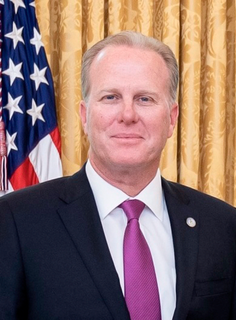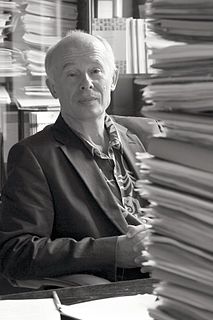A Quote by Enda Kenny
Irish research will contribute to global progress and have the potential to help all countries realise the potential of their land sectors in addressing climate change - this means reducing emissions, adapting to impacts, and enhancing and improving carbon sinks.
Related Quotes
Kyoto is likely to yield far less than the targeted emissions reduction. That failure will most likely be papered over with creative accounting, shifting definitions of carbon sinks, and so on. If this happens, the credibility of the international process for addressing climate change will be at risk.
Climate change is a crucial issue in todays global agenda. Hopefully, we will wake up to this reality, sooner rather than later. Pressure has been mounting on European Union Member States to act decisively to fight global warming. A bold target has been set reducing carbon dioxide emissions by 20 by 2020.
The United States is strongly committed to the IPCC process of international cooperation on global climate change. We consider it vital that the community of nations be drawn together in an orderly, disciplined, rational way to review the history of our global environment, to assess the potential for future climate change, and to develop effective programs. The state of the science, the social and economic impacts, and the appropriate strategies all are crucial components to a global resolution. The stakes here are very high; the consequences, very significant.
Becoming carbon neutral is only the beginning. The climate problem will not be solved by one company reducing its emissions to zero, and it won't be solved by one government acting alone. The climate problem will not be solved without mass participation by the general public in countries around the globe.
It is impossible to talk about slowing climate change without talking about reducing CO2 emissions. Equally, it is impossible to talk about adapting to climate change without considering how we will feed ourselves. And it is out of the question that we can adapt agriculture without conserving crop diversity.
Sensible policies on global warming should weight the costs of slowing climate change against the benefits of slower climate change. Ironically, recent policy initiatives, such as the Kyoto Protocol of 1997, have been introduced without any attempt to link the emissions controls with the benefits of the lower emissions.
































